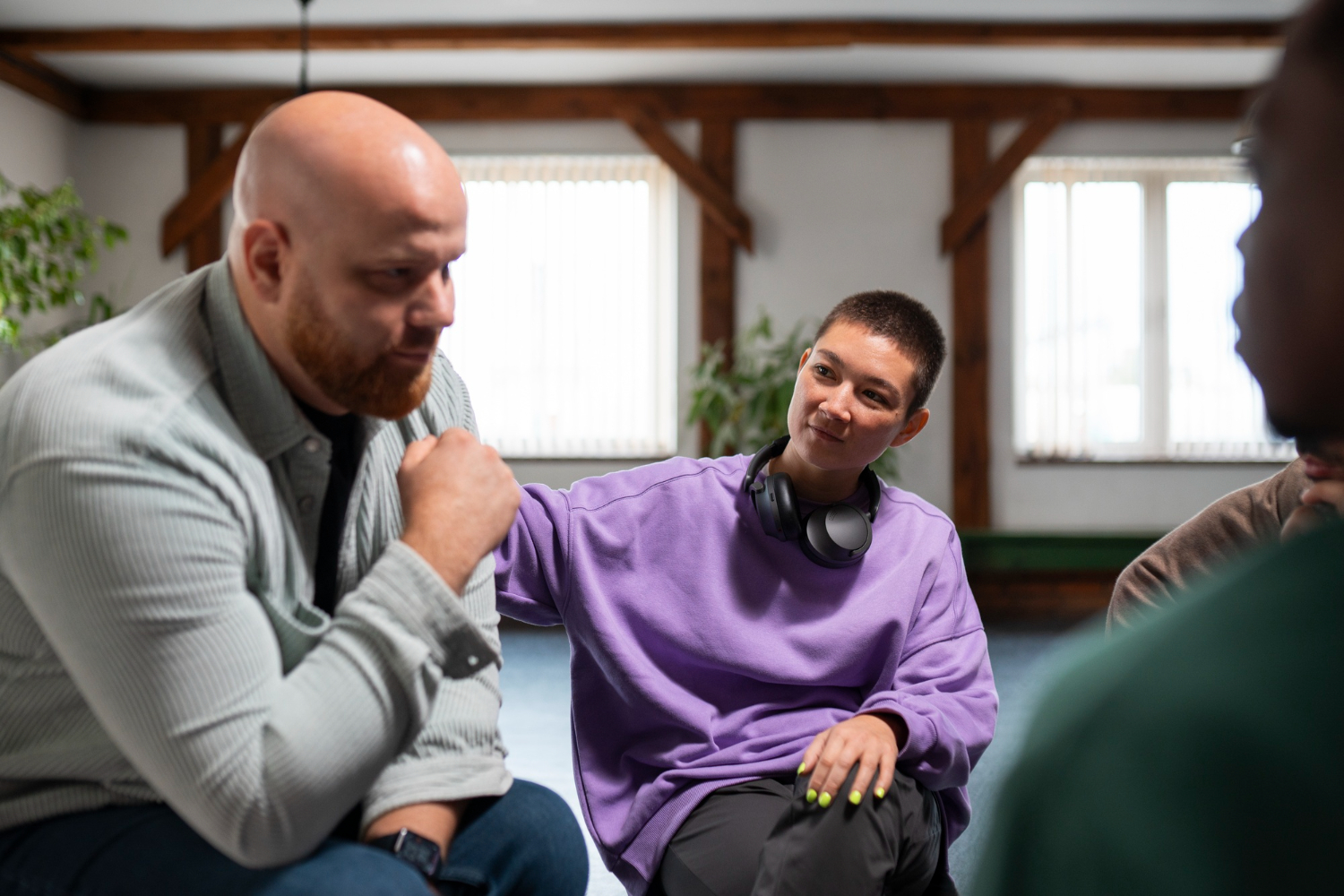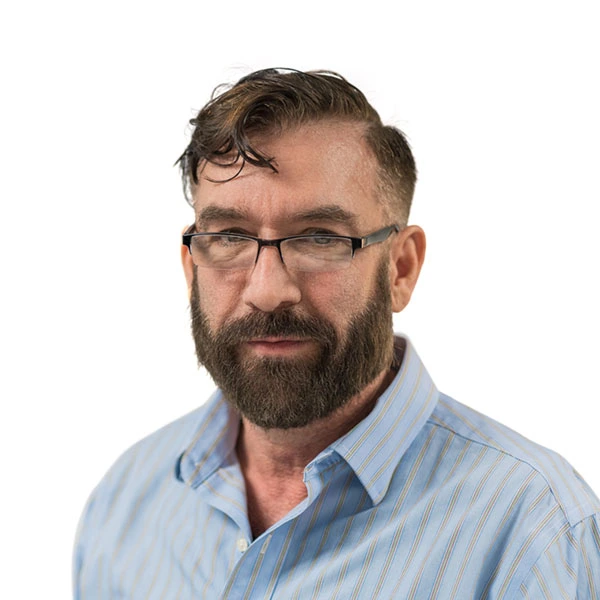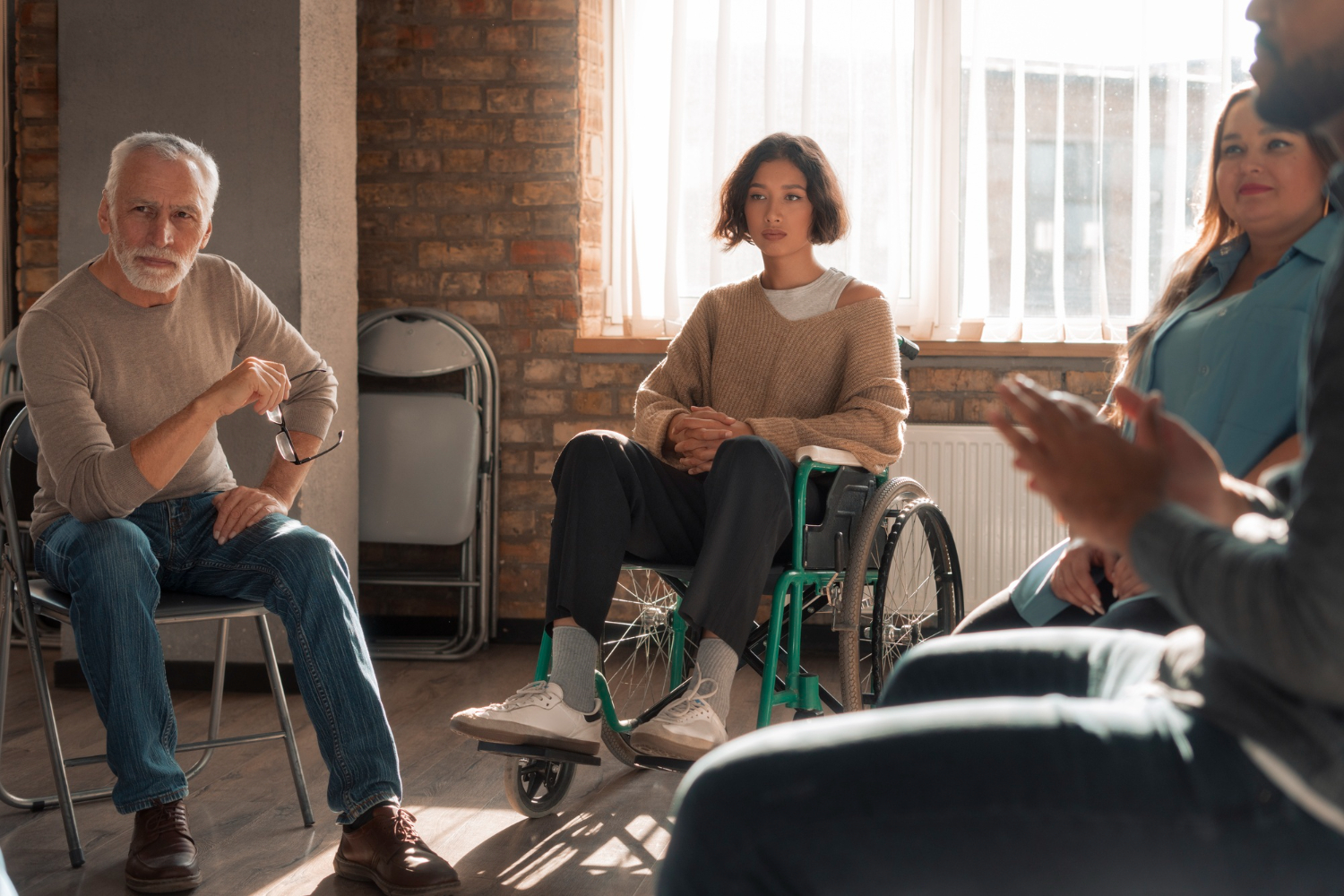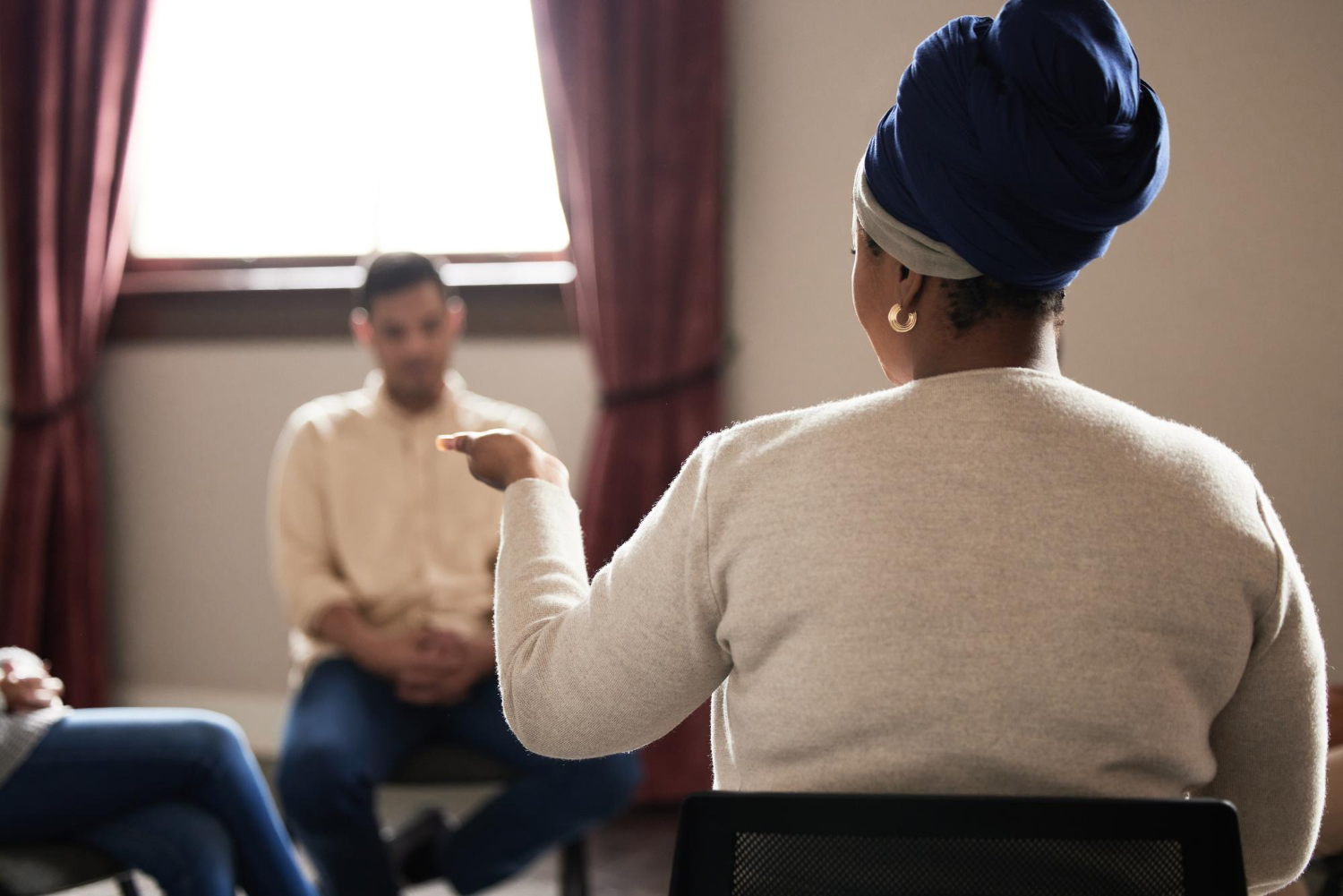Understanding Partial Hospitalization Programs
Getting the right level of care is very important when getting treatment for recovery from addiction. In this sense, Partial Hospitalization Programs (PHPs) are very useful for individuals who are being discharged from inpatient hospitalization and those who have a serious addiction. This program is typified as intensive outpatient, with sessions that run several days a week for around six hours daily, Monday through Friday.

This kind of program is the most helpful for cases when patients do not need 24-hour hospital care but require more assistance than they get in regular outpatient therapy. PHPs are popularly referred to as day programs or day treatment programs.
The Real Key Components of PHPs
PHPs cover extensive therapeutic interventions and services developed for the concrete patient’s needs. Among the different characteristics of the therapeutic interventions are:
1. Structured Therapy:
PHP patients walk down the therapeutic road of self-discovery and recovery in the security of prescribed treatment sessions. These centers also provide individual therapy sessions facilitated by a very high-quality mental health professional. However, the focal point can also be put on group therapy sessions as another alternative, which still provides a permissible area where patients can express their troubles and be changed by the views of others and subsequently develop conformity skills in a kind and supportive environment.
2. Medication Management:
Cautious use of Medication-Assisted Treatment in a controlled setting is one of the major elements of good addiction therapy in PHPs. Also, medication regimens are personalized to each person by following up on the progress of the person and making changes where and when necessary. This makes the MAT effective and safe and reduces the chances of side effects. Patients and healthcare providers usually work as partners in this model. Patients are active participants in their treatment and can even decide on what medication is best for them.
3. Psychoeducation and Life Skills Training:
Psychoeducational sessions and life-skill tutoring provided to PHP participants give them knowledge about mental health problems and the functional capability of practical skills for day-to-day living. These sessions address a number of issues, such as stress management techniques, successful communication, conflict resolution, and emotional control. PHPs train people in these invaluable skills to face life's challenges with optimism and strength to enhance their long-term well-being and stability.
4. Involvement of the Family:
The fact that family members are essential for supporting an addict and a key in recovery, providing confidence and a trustful listener during the most challenging times, gives the structure for a huge part of one becoming sober. For these reasons, many programs try to get families involved and offer family therapy, among education seminars, in their patients' treatment plans.
In such sessions, you and your relative may try to understand each other’s situations, have opportunities for frank conversations, and create a family bond. This type of family-centered approach helps to provide mental health support that could translate into a long-lasting recovery.
5. Planning for Aftercare and Case Management:
Comprehensive case management services and thorough aftercare planning are crucial for the success of PHPs. Participants and case managers collaborate to develop care plans, coordinate clinician care, and refer to community resources and services.
In addition, using state-of-the-art aftercare planning, they can return to normal life outside or even take up outpatient therapy once the program is over. This type of therapy offers an interesting outcome that promotes the duration of care therapy and the continuation of treatment for as long as is needed.
When putting together such an interdisciplinary approach technique with all these different modules, it could be said that these types of treatments and their basic elements are featured to highlight the fact that they are comprehensive, patient-centered, and directed not only to the symptoms but also to the root causes of the addiction. Patients who seek peace and recovery can take refuge in PHPs that bring together different techniques for overcoming addiction with a holistic approach.
What is a Typical Schedule for PHPs?
PHPs usually follow a set schedule to ensure recovery patients get the attention they need with intensive support, but they are always under the established schedule. A typical day in a PHP for addiction looks like this:
1. AM Session (from 9:00 AM to 12:00 PM):
The main tasks of the first part of the day are communicating problems and feelings and developing new skills. Themes including relapse prevention, coping strategies, and the systematic factors of addiction, are part of the group therapy sessions during this period. Bringing along professionals who are proficient in counseling helps people who are engaged in it talk it out, share a story, and get feedback.
2. Lunch Break (12:00 PM to 1:00 PM):
As with any other lunch break, people can interact with peers and share their experiences. Lunch break could be a time to socialize and feel comfortable with the process and the rest of the people involved in the PHP.
3. Afternoon Session (1:00 PM – 4:00 PM):
Participants might take different therapeutic approaches. For example, briefly mentioning the advantages of individual psychotherapy or the role of group psychotherapy could lead some participants to be interested in these therapies. Patients could also be interested in getting cognitive-behavioral therapy because it aims to deal with the fundamental root frames of addiction, or they may want to investigate different forms of family therapy in drug addiction treatment, mindfulness-based relapse prevention, and other alternatives.
4. Sessions for Psychiatry and Medication Management:
Patients will be able to arrange appointments with addiction medicine specialists and psychiatrists to conduct assessments of their mental health and medication glancing during the day. At these sessions, the purpose is to ensure concordance between the patient's wish for recovery and the treatment plan. Also, it should be checked that MATs are given in accordance with the patient's wishes.
5. Wrap-Up and Aftercare Planning (3:30 PM – 5:00 PM):
The goals of the PHP sessions are to wrap up the treatment and get ready for the day of recovery. The patients do this in cooperation with clinicians and case managers. Among these methods are outpatient treatment programs, support groups, sober living dwellings, as well as other local assets.
The schedule is articulated in such a way that it provides an overall outline of both pieces but PHPs can adapt their programs to provide extra services like trauma-informed therapy, dual diagnosis treatment, job readiness assistance, and others to the point of satisfying their clients. The main objective of the therapeutic community approach to addiction treatment is in a protected and organized environment where the participants can take a look at their journey of recovering and obtain the necessary abilities to remain sober.
What Are the Benefits of PHPs?
Partial Hospitalization Programs (PHPs) specialists provide practical intensive care for drug abuse patients. PHP participants can stay in touch with family members and live an everyday life outside the program, which is a great advantage over hospitalization. Individualized treatment plans and a variety of specialists are the main elements of the comprehensive addiction care provided by PHPs. This program helps them understand how to live soberly in the long term, placing the person's assimilation into the community and training them to prevent relapse.
Who Should Get PHP?
PHPs are usually directed at addicts who, even when not needing round-the-clock or constant hospital supervision, but require daily treatment and orientation. They are also indicated for patients with acute psychiatric symptoms or for an addict who is transitioning from inpatient services. Patients with multiple, complex treatment needs and limited social support also can use this type of therapy.
Are PHPs Covered by Insurance?
Insurance policies in general, both private and governmental (such as Medicaid and Medicare), could pay for a patient's Partial Hospitalization Program (PHP), but it is recommended to check for coverage before entering this or any other type of program.
PHPs are seen as a covered service for addiction or mental health treatment, particularly when they are medically essential. To top it all off, many PHP providers have staff members on hand who can help patients verify their insurance and understand how their insurance bills work so that they may get the most out of their plans.
Final Thoughts…
PHPs offer structured therapy and support in a community setting, which is therefore a perfect option for those needing addiction treatment. Evaluations by psychiatrists, psychologists, and addiction specialists are crucial when deciding whether the patient needs intensive therapy or not. Several factors are considered concerning the level of care that should be provided, such as symptom severity, co-occurring disorders, and the individual's support system.
Related Articles
Treatment Centers in Virginia
 123
123
 123
123
 123
123





